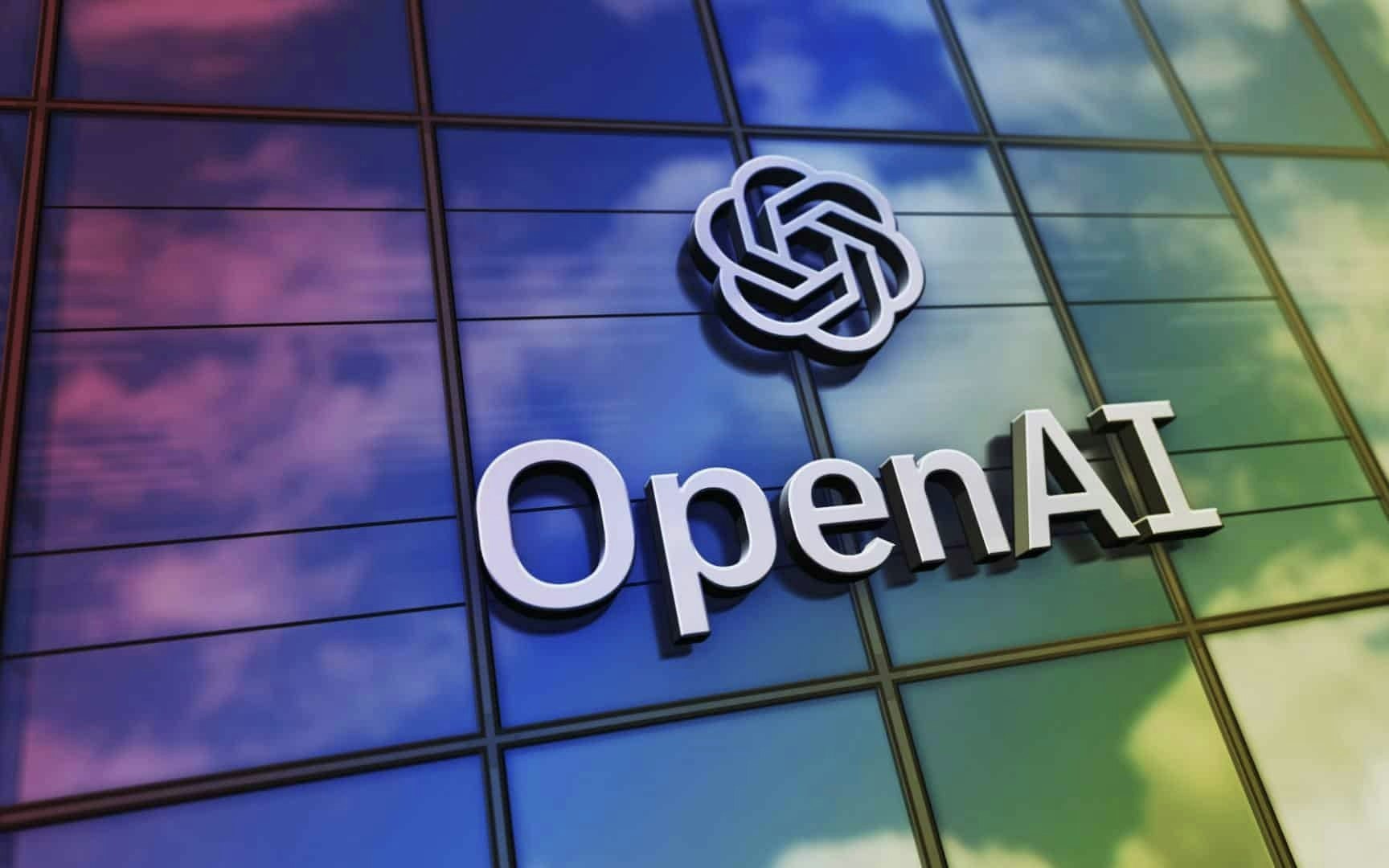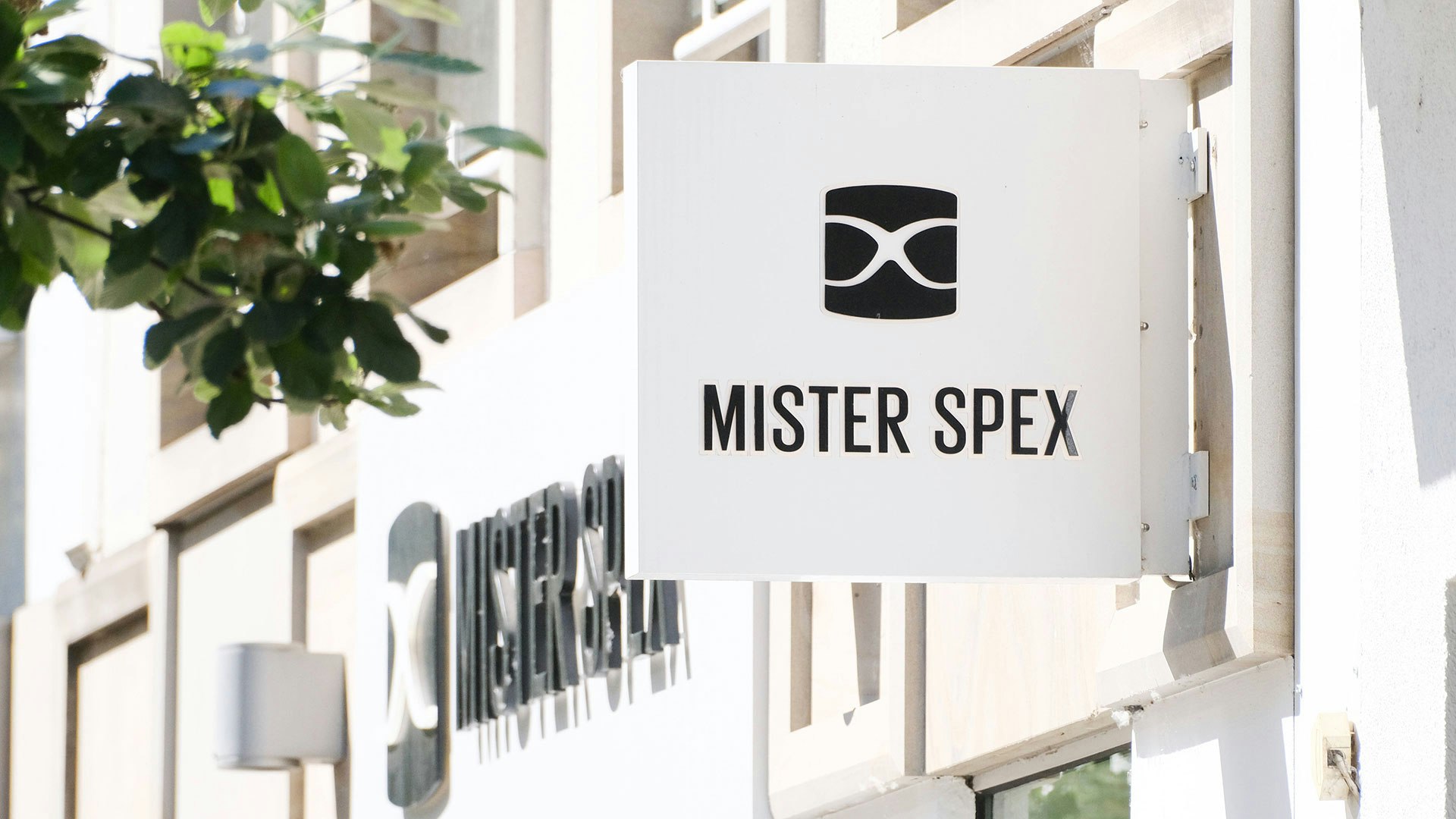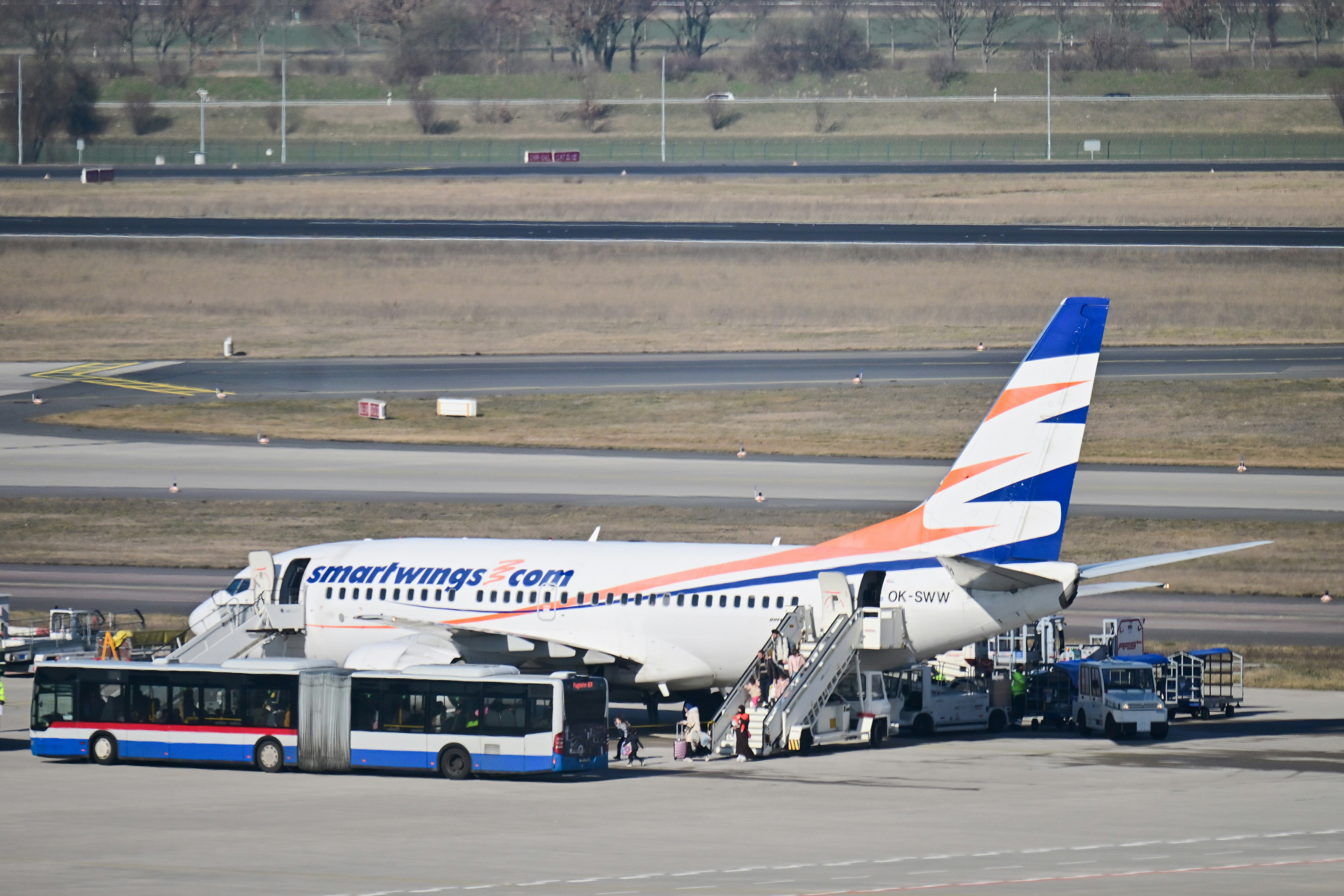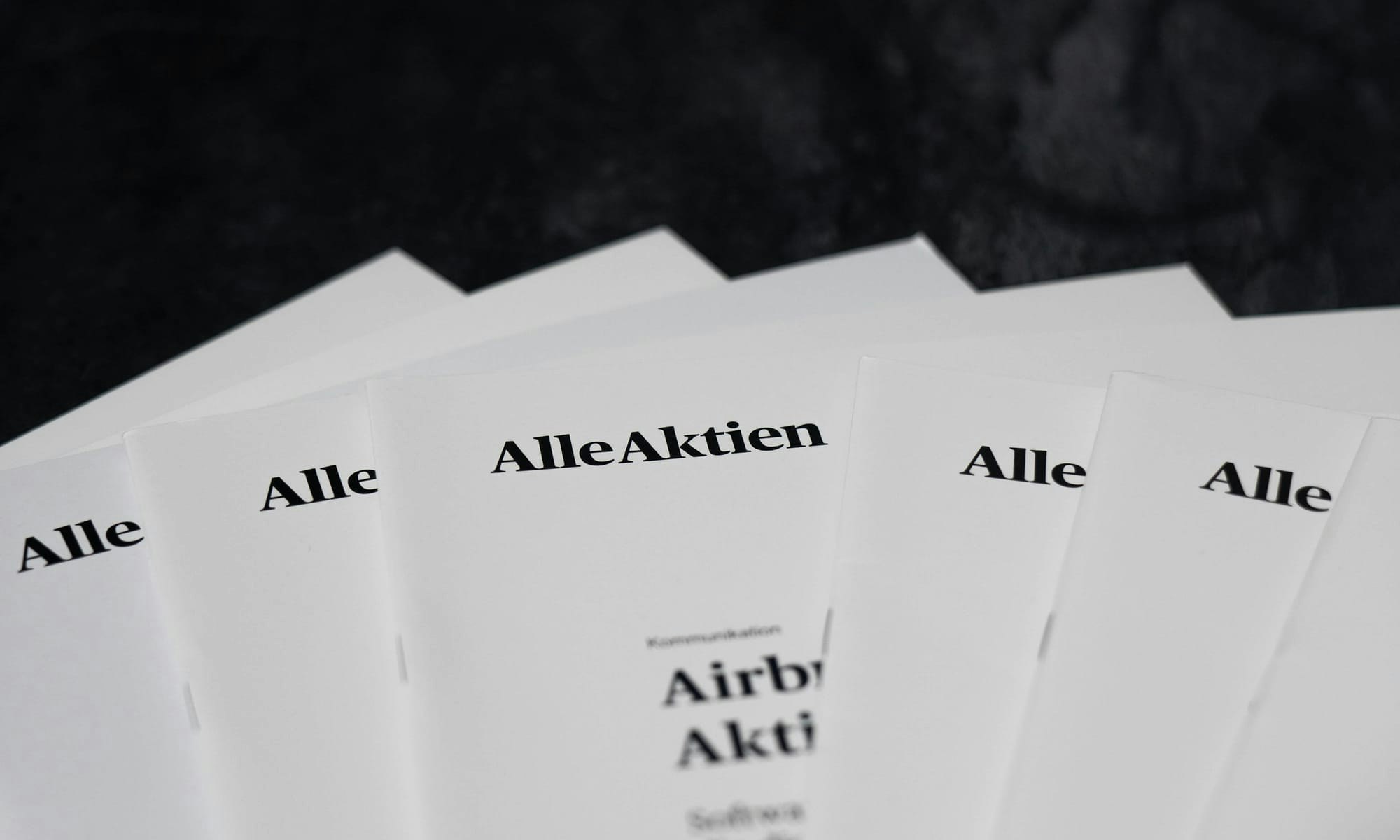OpenAI is under massive pressure from the judicial authorities in California and Delaware following several deaths related to chatbots. Attorneys General Rob Bonta and Kathy Jennings warned of "serious concerns" regarding safety in a letter to Board Chairman Bret Taylor and signaled the possibility of blocking the company's planned restructuring.
Particularly the suicide of a 16-year-old Californian and a murder-suicide in Connecticut after prolonged interactions with ChatGPT have "shaken the American public's trust in the company," the letter states. "Whatever protective mechanisms were foreseen – they did not work.
The intervention comes at a time when OpenAI is trying to reorganize its complex structure. After abandoning a complete transformation into a corporation, the company aims to convert only a subsidiary into an equity holding. This is intended to provide investors with access to traditional equity while the nonprofit parent organization retains control. Whether this model has a chance now largely depends on the decisions of the prosecutors.
OpenAI, founded in 2015 as a non-profit, has developed into a commercial heavyweight in less than ten years. The number of ChatGPT users is now at 700 million regularly active users. At the same time, the company is raising fresh capital amounting to 40 billion US dollars to compete against rivals such as Anthropic, Meta, Google, and Elon Musk's xAI.
But with rapid growth, the pressure increases.
The prosecutors emphasized in their letter that "safety is non-negotiable – especially when it comes to children". Without demonstrable improvements, OpenAI's planned capital market launch could stall.







